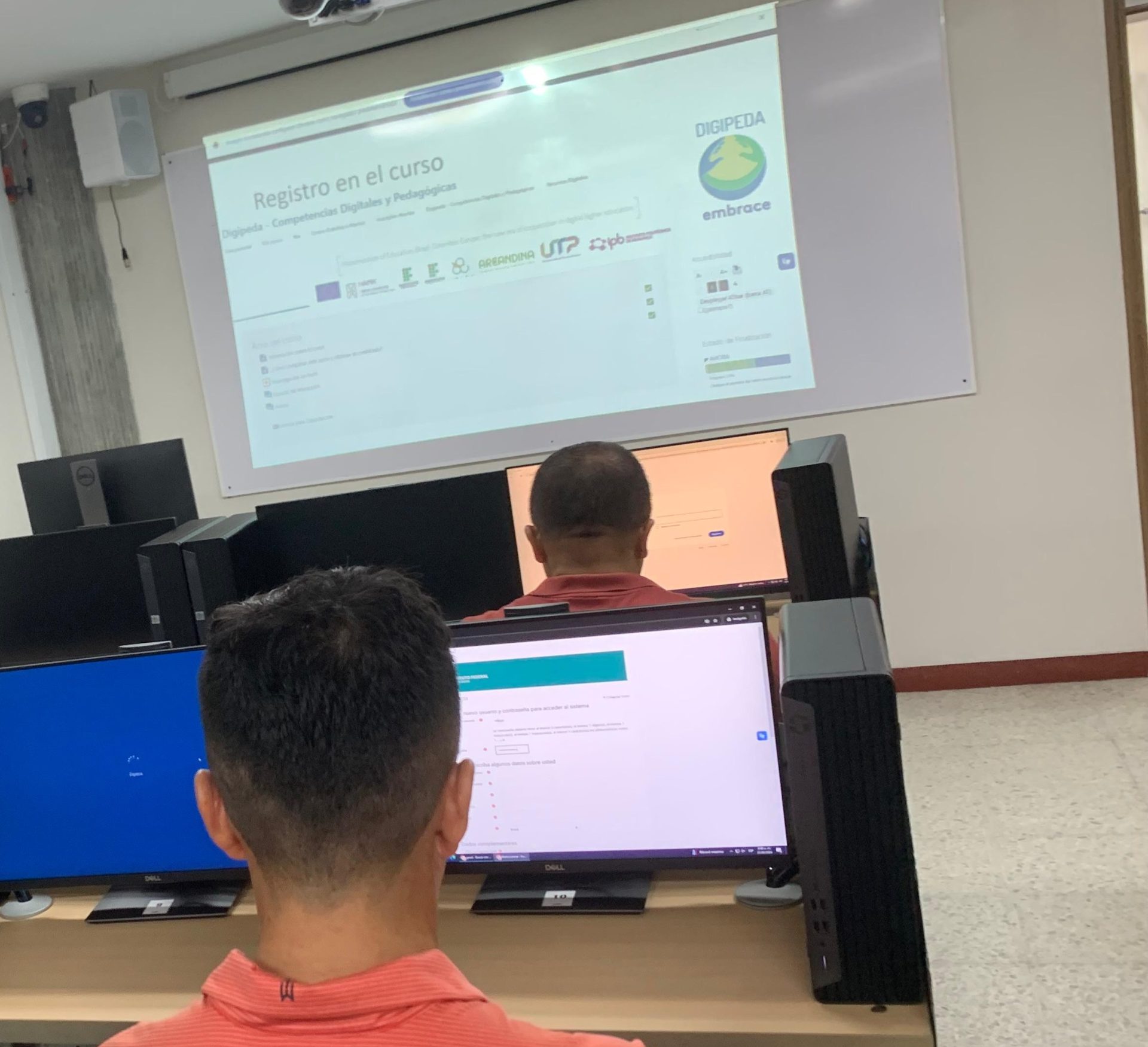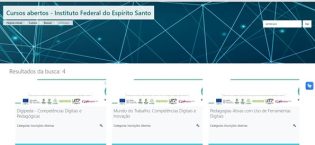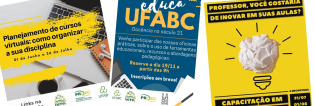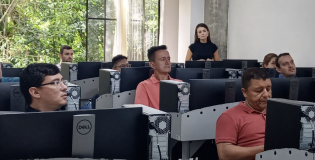Joint development of EMBRACE MOOCs, a perspective from UTP teachers
Published 11 June 2025

Photo by: UTP
This article reflects on the collaborative creation of MOOCs by Colombian and Brazilian universities within the EMBRACE project. It highlights intercultural teamwork, pedagogical reflection, and the transformative power of international cooperation in digital education. Language differences became bridges, fostering inclusive, participatory, and meaningful learning design for diverse contexts.
In the context of the EMBRACE project, in 2024, five universities in Colombia and Brazil began developing three MOOCs (massive open online courses) with the support of universities in Finland and Portugal. These MOOCs focus on pedagogical and digital skills and their integration into the world of work. They were conceived as a shared experience between Colombian and Brazilian institutions. For the UTP teaching team involved in their creation, it meant much more than just creating content: it represented an opportunity to build, learn and reform their perception of collaborative digital education. Beyond the final result, it was the journey that truly left its mark.
From the outset, the UTP team played a dynamic role in pedagogical conceptualisation, scriptwriting, audiovisual production and the integration of digital resources. However, beyond the activities, what characterised this experience was collective construction, accompanied by cultural, institutional, linguistic and pedagogical diversity.

Cooperation with teachers from Areandina (University Foundation of Colombia) provided a common academic and methodological basis. The debates were dynamic, agreements were reached without complications, and the shared approach made it possible to move forward steadily. However, integration with Brazilian universities presented an additional challenge: language.
Working meetings with teachers from Brazil required adjustments in communication. Although Portuguese was a difficulty at first, it soon became a bridge. It was crucial to learn to listen more carefully, to interpret between the lines, to find points of convergence beyond words. The linguistic challenge, far from being an obstacle, became an opportunity to develop true intercultural competence.
The creation of MOOCs also prompted the team to reconsider their own teaching practice. How do you design an open course that is meaningful to teachers and students from diverse backgrounds? How do you address different educational frameworks without imposing one over the other? How can you strengthen the relationship between industry and academia? These questions guided the process, leading to a more reflective, participatory and teacher-centred pedagogical approach that benefits students.
This experience, which is still ongoing, reaffirms the value of international academic partnerships and shows that, when working with an open mind, commitment and a shared vision, it is possible to create solid, relevant and transformative educational proposals.
The content of this message and its attachments are for the recipient’s use only and may contain classified or confidential information. If you are not the intended recipient, please refrain from using, disseminating, distributing or copying this communication.




Good
Um trabalho muito importante.